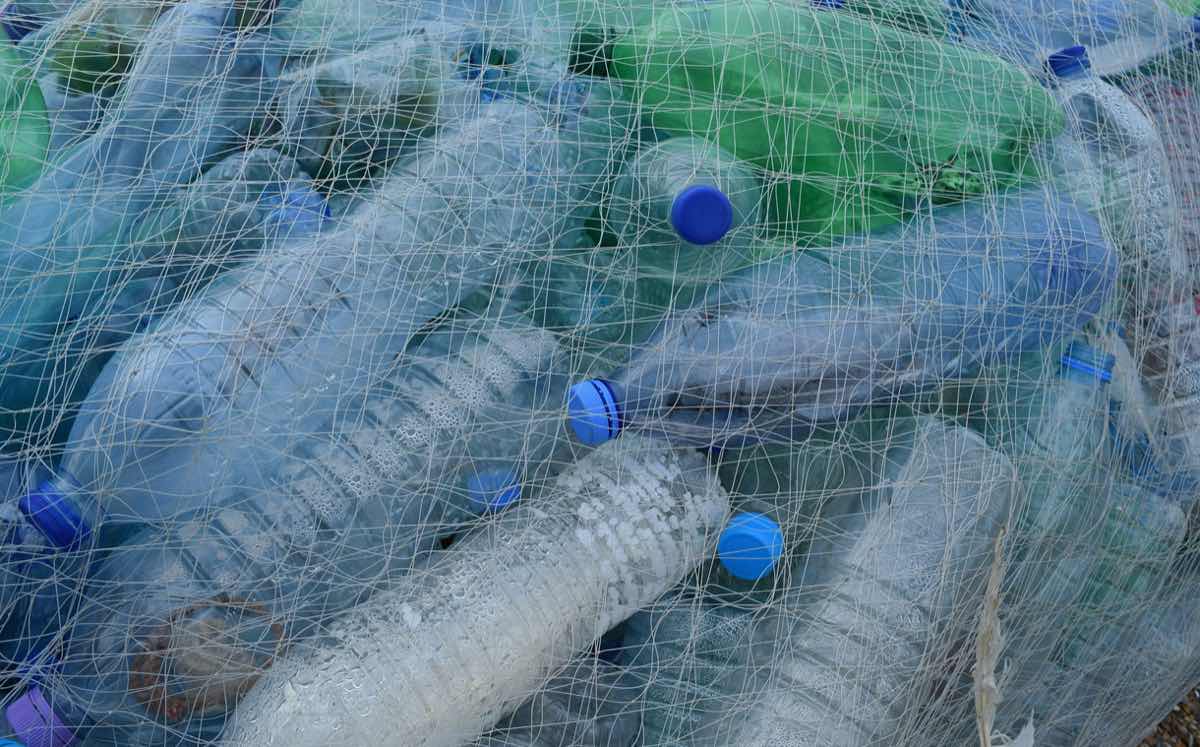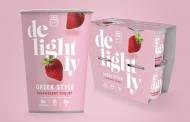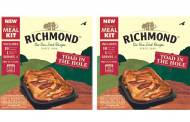The UK government has launched consultations on the introduction of new plastic packaging taxes and tougher rules for packaging producers, in a move towards a more circular economy.
Building on commitments made in the Resources and Waste Strategy published in December, new plans will see the costs of recycling borne by those that produce packaging waste.
It is estimated that packaging producers pay “around 10%” of the cost of dealing with packaging waste. By increasing that to cover the full amount, the government aims to incentivise producers to think carefully about using less packaging, and to switch to using packaging that is easier to recycle.
Last October, the government announced that from April 2022 it would introduce a new tax on the production and import of plastic packaging with less than 30% recycled content, subject to consultation.
It is now seeking views on proposals for how the tax will work. For example, which packaging should be in scope of the tax, how to assess recycled content, and which businesses will be liable for the tax. The consultation will run for 12 weeks.
Environment secretary Michael Gove said: “We are committed to going further and faster to reduce, reuse, recycle and cut waste. That’s why we are leading the way to move away from being a ‘throw-away’ society and drive up domestic recycling.
“Through our plans, we will introduce a world-leading tax to boost recycled content in plastic packaging, make producers foot the bill for handling their packaging waste, and end the confusion over household recycling.
“We are committed to cementing our place as a world leader in resource efficiency, so we can be the first generation to leave our environment in a better state than we inherited it.”
In a statement, The Foodservice Packaging Association said: “Defra and HM Treasury have given the opportunity for packaging waste management to shift up several gears and we must all work together ensure the huge increase in funding by business really will be used to deliver the opportunity and the best value and that this will be delivered across the UK.”
The government is also seeking views on introducing a deposit-return scheme for cans and bottles.
Two options have been suggested. The first, known as the ‘all-in’ model, would target a large amount of drinks beverages placed on the market, irrespective of size. The second option, known as the ‘on-the-go’ model, would restrict the drinks containers in scope to those less than 750ml in size and sold in single format containers.










